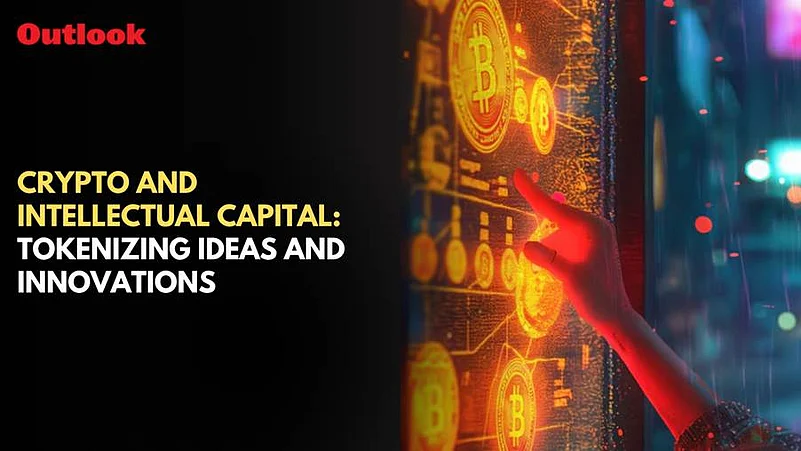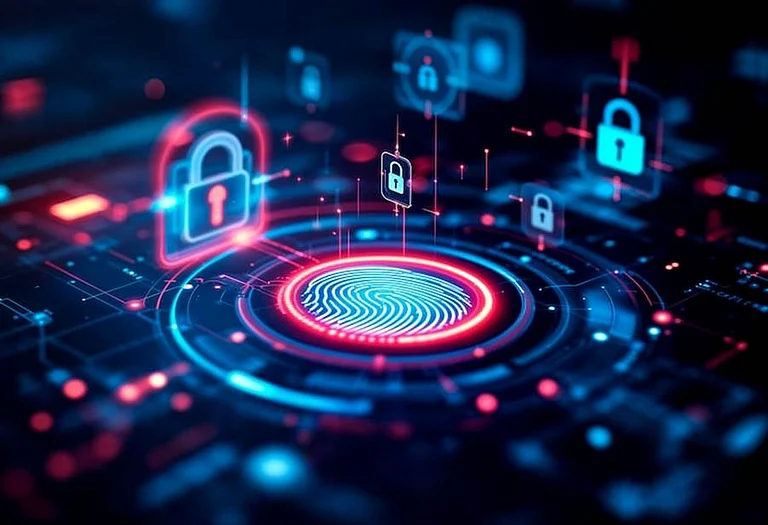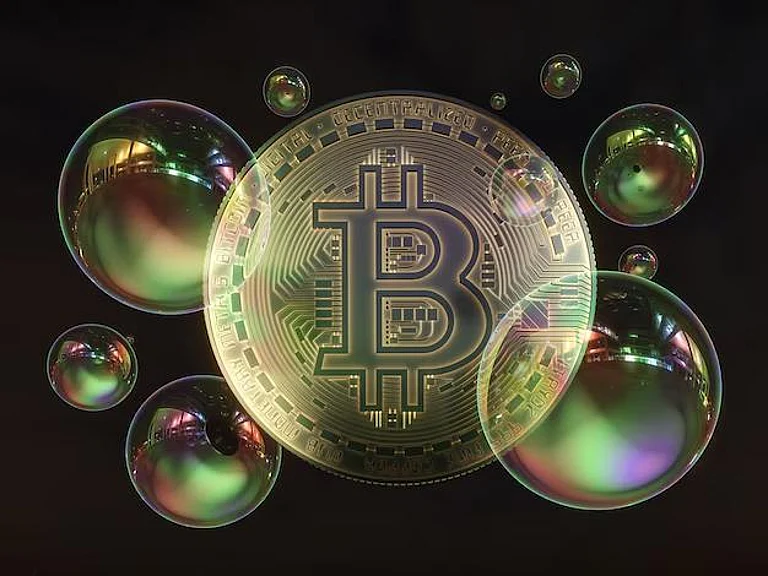In the rapidly moving digital age today, innovations and ideas tend to be worth more than physical products. Creativity, knowledge, and innovative thinking constitute what has been termed as intellectual capital. It encompasses such things as inventions, designs, software code, research, creative material, or any type of original knowledge. Historically, it has taken time and been a challenge to safeguard and monetize these intangible assets. But with advances in blockchain technology and crypto tokens, a new avenue is on the verge of opening: tokenization of intellectual capital.
This may seem like a technical idea, but it is a very human promise — to provide value, validation, and empowerment to the individuals responsible for excellent ideas. It can reshape the way we compensate for innovation, how creators get compensated, and how idea ownership is registered and transferred.
Understanding Intellectual Capital
Before diving into tokenization, it’s important to understand what intellectual capital really is. It’s everything that comes from the mind — ideas, know-how, inventions, artistic works, research findings, and even business strategies. Often, these are the results of years of work, experience, or education. But turning this knowledge into a tradable or monetized asset isn’t easy.
For instance, even if someone produces a revolutionary algorithm or design, it may take time and resources to secure it using patents or copyrights. The mechanism is slow, centralized, and biased towards the legally or financially powerful. That's where blockchain enters the scene.
The Role of Blockchain and Crypto
Blockchain is a type of digital ledger that records transactions in a secure, decentralized way. It’s the same technology that powers cryptocurrencies like Bitcoin and Ethereum. What makes blockchain powerful in this context is its ability to record ownership transparently and immutably — meaning records cannot be changed once written.
What you're doing when you "tokenize" something on a blockchain is essentially creating a digital version of it — a token — that can be possessed, purchased, or sold. For intellectual capital, this token can be a research paper, a song, a line of code, or even a product idea. What this does is the creator receives an audit-able and verifiable ownership token. It's like providing a digital fingerprint to a thought.
Why Tokenization Is Important for Innovators
Intellectual capital tokenization could bring balance to the playing field for creators, researchers, and thinkers. Rather than waiting for legal mechanisms to grant patents or depend on large companies to publish or license their work, creators can tokenize their work immediately. This facilitates sharing, trading, or even crowd-funding support.
For example, if a researcher invents a new discovery or technique, they might tokenize it onto the blockchain and sell it to a worldwide market of researchers, universities, or businesses while maintaining traceable ownership and getting paid when applied. In the same way, an independent game coder or author may tokenize their work and receive direct payment or credit without the need for traditional publishers.
Challenges and Considerations
Even with the promising potential, there are significant challenges. Tokenizing intellectual property is a new idea, and intellectual property rights laws across countries are extremely diverse. It is unknown whether tokenized ownership would be enforceable in court under all legal frameworks. Furthermore, the technology is still evolving, and with it comes the potential for misuse, fraud, or losing digital assets.
Access is another issue. Not everybody is used to crypto or blockchain environments. Even for most creators, particularly those who do not have a technical background, moving in this environment can be challenging. This does necessitate easy-to-use tools as well as education so more individuals are engaged in this new environment.
Additionally, there is a trust issue. Though blockchain ensures transparency, not every platform is created equal. Creators must ensure that they employ trustworthy and secure platforms to safeguard their intellectual property. During this transition period, legal and technology experts' advice can be the key to making a well-informed decision.
Peering Ahead: A More Inclusive Creative Economy
Tokenizing intellectual capital is not merely a technological innovation — it's a new paradigm for thinking about value. In an era where ideas are potent levers of advancement, this model could ensure that the individuals creating them receive fair compensation. It eliminates much of the middlemen and gatekeepers so creators can have more direct contact with users, researchers with funders, innovators with collaborators.
We are just in the initial stages of this process. As blockchain evolves and legal frameworks become more sophisticated, we might witness the emergence of decentralized knowledge markets — where researchers, developers, artists, and thinkers can sell, license, or work with ideas without being bound to institutions or corporations. This might unlock worldwide innovation and facilitate ideas moving more rapidly to where they are needed most.
The future of intellectual property could be that creativity is not only protected but also empowered. Where ideas are not kept secret in systems that limit access to few people, but are shared, built on, and remunerated via equitable and open mechanisms. Blockchain and tokenization are far from ideal, but they represent a promising step toward this vision.

























